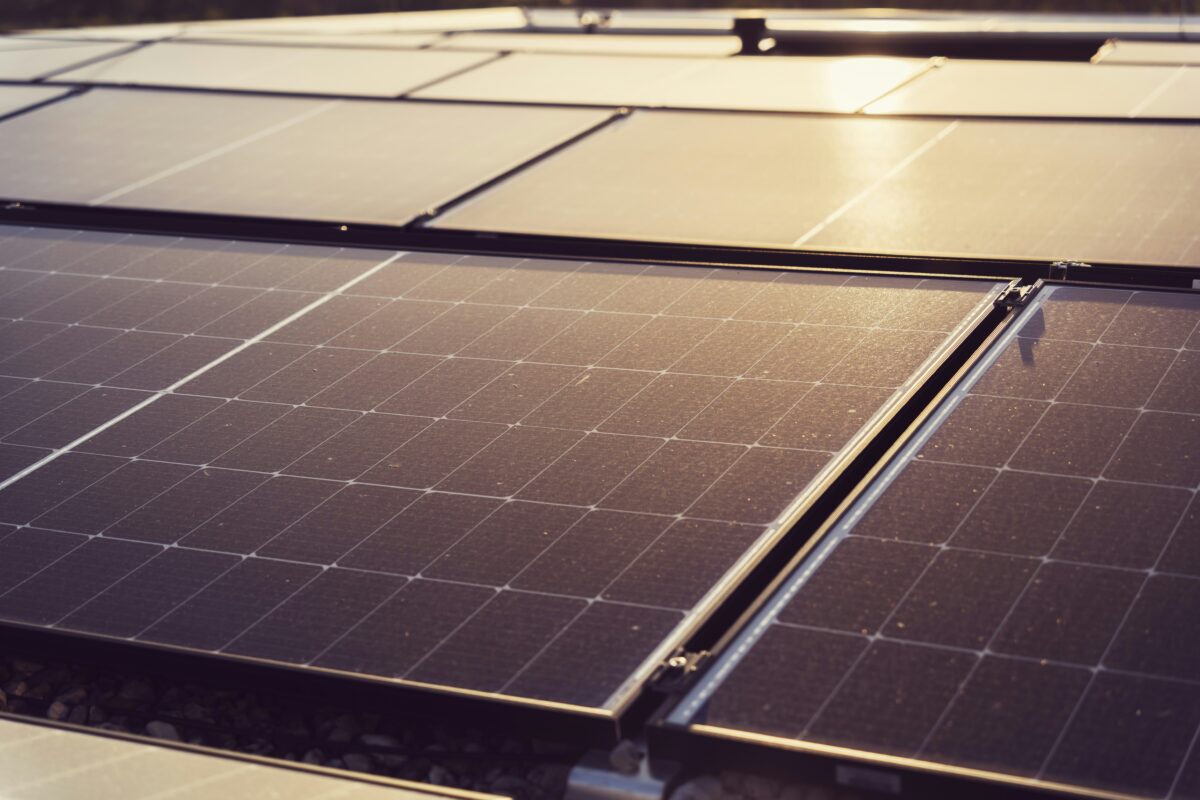From pv magazine USA
EnergySage operates an online comparison-shopping marketplace for solar, providing quotes to solar shoppers across 50 states and Washington D.C. The company released its October 2024 Marketplace Insights report, with data through the first half of 2024 on pricing, design trends, and more for the residential solar and energy storage sector.
The report noted that through the first half of 2024, residential solar prices on its platform averaged $2.69/W, declining 4% from the second half of 2023. This is only 1% higher than the all-time low of $2.67/W in the first half of 2021, when U.S. residential solar experienced one of its largest growth cycles in history. This marks the second consecutive 6-month period in which costs have fallen, following 2.5 years of cost increases amid pandemic-related supply chain constraints, said EnergySage.

EnergySage estimates that the average U.S. customer will reach a breakeven point on their return on investment at 7.5 years, based on an average system size of 10.9 kW. This is an improvement from the second half of 2023, when average payback periods were estimated at 8.1 years.
“Steady supply and cooling demand, stemming from policy changes like California’s Net Billing Tariff and high interest rates, are the likely drivers of the most recent price cuts,” said EnergySage.
Despite cost savings being a top motivation for solar installations, EnergySage said that over 60% of shoppers did not select the lowest-price quote they received. The report noted that the range of prices being shown is tightening, with average minimum prices around $2.54/W and maximum average quotes around $3.08/W. Based on the average system size, average minimum and maximum quotes ranged about $6,000, said EnergySage.
The top four largest solar markets also have lower-than-average system costs. Florida averaged $2.20/W, Texas $2.10/W, California $2.39/W, and Nevada $2.18/W. Regionally, solar prices remain the highest in the Northeast and lowest in the West.
Quoted home battery storage prices also dropped, setting a record low of $1,133/kWh stored.
Browse pv magazine USA 50 States of Solar dashboard to see how much solar your state has installed.
As for technological changes, the profile of a residential solar system continues to evolve. In 2020, 98% of all quotes on EnergySage included solar panels rated to provide less than 400 watts of power, and 340 W panels were typical. During the first half of 2024, 97% of all quotes included solar panels rated to 400 W or more. On average, homeowners are now offered about 20% more power per panel than four years ago.
The top most-quoted solar panel brands in order on EnergySage were REC Group, Qcells, Panasonic, Silfab, LA Solar Factory, and Hyperion Solar.
The top inverter brands quoted were Enphase, Tesla, SolarEdge, Hoymiles, and AP Systems. Enphase represented roughly two-thirds of all quotes on the platform, and Tesla’s string inverters rapidly grew from 2% of quotes in the first half of 2023 to over 12% in the first half of 2024. The report noted that Tesla inverter packages reduced quoted prices by about 15% compared to the average.

Enphase has also historically dominated the EnergySage marketplace for energy storage quotes, though Tesla has begun to take market share here, too. The two have consistently represented about 50% of all quotes on the marketplace historically, and have now grown to 75% of the quotes on the marketplace. Tesla has driven most of this growth, jumping from 22.5% of quotes in H2 2023 to 33.5% in H1 2024. Low prices for the Powerwall 3 are driving the Tesla battery adoption rates, said EnergySage.
Battery energy storage is now being attached to a record high 34% of systems on the platform. California’s Net Billing Tariff is a significant driver of this jump, with 70% of California’s homeowners purchasing batteries with their solar panels, said EnergySage. Lowering battery prices and increased demand for backup power and energy independence are driving battery attachments to unprecedented rates.
This content is protected by copyright and may not be reused. If you want to cooperate with us and would like to reuse some of our content, please contact: editors@pv-magazine.com.




By submitting this form you agree to pv magazine using your data for the purposes of publishing your comment.
Your personal data will only be disclosed or otherwise transmitted to third parties for the purposes of spam filtering or if this is necessary for technical maintenance of the website. Any other transfer to third parties will not take place unless this is justified on the basis of applicable data protection regulations or if pv magazine is legally obliged to do so.
You may revoke this consent at any time with effect for the future, in which case your personal data will be deleted immediately. Otherwise, your data will be deleted if pv magazine has processed your request or the purpose of data storage is fulfilled.
Further information on data privacy can be found in our Data Protection Policy.